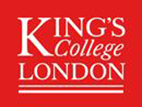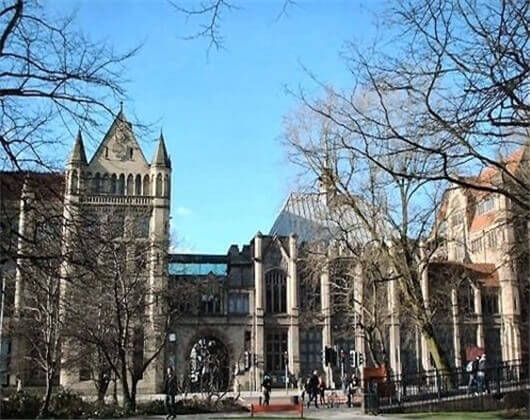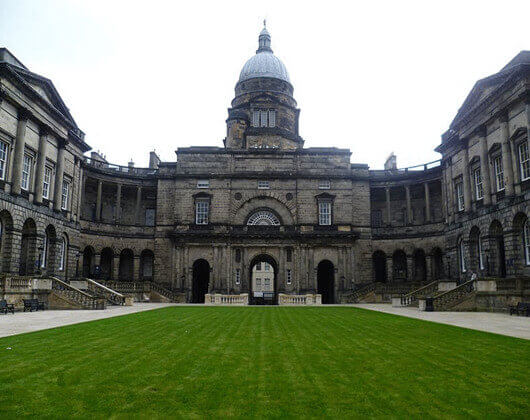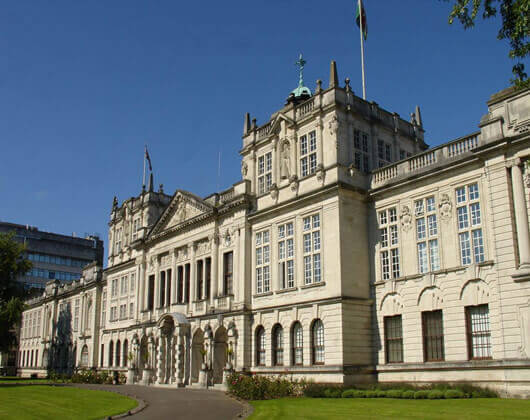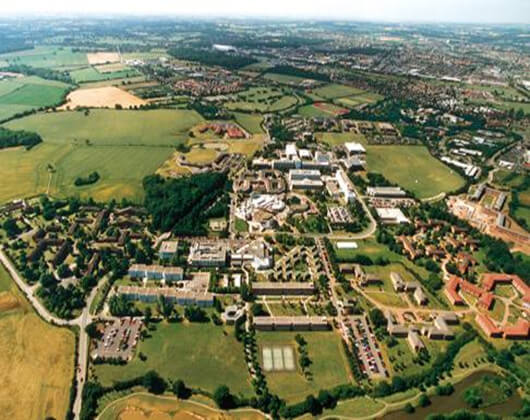Structure Required modules Courses are divided into modules. You will take modules totaling 180 credits. Full-time students are required to take the following modules: • International Political Economy: Theories and Issues (45 credits) • Research Design (15 credits) • Dissertation (60 Credits) Part-time students are required to take International Political Economy: Theories and Issues (45 credits) and the 15 credits Research Design module in Year 1, and the 60 credit dissertation in Year 2. Optional modules In addition, you are required to take a range of optional modules totalling 60 credits offered by European & International Studies and other departments. For part-time students this takes place over two years. Grouped here to give prospective students a sense of the breadth of our teaching offer, optional modules in this programme may typically include: • The Political Economy of International Migration (15 credits) • International Political Economy of Energy Markets (15 credits) • The International Political Economy of Production (15 credits) • Global Governance and International Organisations (15 credits) • The Political Economy of Development (15 credits) • The Political Economy of the Financial Crisis (15 credits) • The Politics of Economic Inequality (15 credits) • Lived Democracy (15 credits) • Postcolonial Political Economy (15 credits) • Multinational Corporations and Global Supply Chains (15 credits) • The Political Economy of Corruption (15 credits) [Department of Political Economy] • The New Political Economy of the Media (15 credits) [Department of Political Economy] • Comparative Political Economy (15 credits) [Department of Political Economy] • The Political Economy of Organised Crime (15 credits) [Department of Political Economy] • Institutions and Economic Development (15 credits) [Department of Political Economy] • Political Economy of Economic Policy (15 credits) [Department of Political Economy] • Gender, Society and Development (15 credits) [Department of International Development] • Industrial Economics and International Development (15 credits) [Department of International Development] • Governing Complex Societies: Federalism, Decentralisation and Development (15 credits) [Department of International Development] • Climate Change and Sustainability in Emerging Economies (15 credits) [Department of International Development] • Clandestine side of Globalisation: Organised Crime, Terrorism and Corruption (15 credits) [King’s Russia Institute] Theories and Methods • Critical Political Economy (15 credits) • Introduction to Economics for International Political Economy (15 credits) • Research Methods for Social Sciences (15 credits) • The Politics of Economic Inequality (15 credits) • Quantitative Methods in Political Economy (15 credits) • Causal Inference (15 credits) [Department of Political Economy] • Game Theory and Political Economy (15 credits) [Department of Political Economy] • Quantitative Methods in Political Economy (15 credits) [Department of Political Economy] • Theories of Politics (15 credits) [Department of Political Economy] • Britain & Europe Since 1945 (15 credits) [Department of Political Economy] • Advanced Quantitative Methods for Causal Inference (15 credits) [Department of International Development] • Advanced Qualitative Methods (15 credits) [Department of International Development] Regional focus: Europe • Global Politics: Transatlantic, Transpacific and Eurasia (15 credits) • Lobbying and Policy Making in the EU (15 credits) • International Political Economy of Energy Markets (15 credits) • The Political Economy of Europe: Political Science Perspectives (15 credits) • The European Union and Global Capitalism (15 credits) • People, Protest and Mobilisation: Exploring Social Movement Theory (15 credits) [Department of Political Economy] • Russia and the EU (15 credits) [King’s Russia Institute] Russia • International Political Economy of Energy Markets (15 credits) • Oil, Gas and Modernisation in Russia (15 credits) [King’s Russia Institute] • Politics of Energy Security in Eurasia (15 credits) [King’s Russia Institute] • Russia and the European Union (15 credits) [King’s Russia Institute] Middle East • The Middle East in the Global Political Economy (15 credits) • Political Economy of Authoritarianism in the Middle East (15 credits) [Department of Political Economy] East Asia • Political Economy of Korean and East Asian Development (15 credits) • East Asia in the Global Political Economy (15 credits) • Comparative Capitalism: Eastern and Western Models (15 credits) • China and the Age of Globalisation (15 credits) (Lau China Institute] • Contemporary Chinese Politics (15 credits) (Lau China Institute] India • India in Global Politics (15 credits) [King’s India Institute] You may choose to take optional credits from level 7 modules outside of your programme’s approved module list, subject to approval by the Programme Director. You may take up to an additional 30 extra credits, in addition to the required 180 credits. Students may also take a non-assessed 15 credit language module from the Modern Language Centre, King’s College. Please note we cannot guarantee spaces on modules listed that are run by other departments outside of European & International Studies.
 日本
日本
 韩国
韩国
 英国
英国




